Duties and Responsibilities of a Repiping Specialist
Repiping specialists play a vital role in maintaining safe and reliable plumbing systems for both homes and businesses. Their expertise in replacing old or damaged pipes improves water flow, prevents costly leaks, and extends the lifespan of infrastructure. Beyond fixing immediate problems, their work safeguards property value and ensures compliance with modern building standards.
While many property owners call plumbers for leaks or clogs, a repiping specialist steps in when underlying systems are too damaged or outdated for repairs. Their work is not just about fixing issues—it is about transforming and future-proofing plumbing systems. This distinction makes their responsibilities both unique and highly valuable in the construction and home services industries.
Understanding the Role of a Repiping Specialist
Definition and Scope of Work
A repiping specialist focuses exclusively on pipe replacement projects. Unlike general plumbers, their work involves the large-scale removal and installation of copper, PEX, or PVC piping. Their deep knowledge of materials and installation methods allows them to handle projects efficiently while minimizing disruption. A repiping specialist will often tackle multi-room or whole-building projects where piecemeal repairs would no longer be effective.
Importance in Residential and Commercial Settings
In homes, specialists eliminate hidden leaks, boost water pressure, and protect structural integrity. In commercial environments, they keep plumbing up to code and prevent downtime that disrupts operations. According to FieldCamp, the average person in the United States uses 88 gallons of water daily, making it incredibly important to ensure your pipes are working smoothly. For landlords and property managers, this also reduces liability risks and costly emergency repairs.
Initial Assessment and Diagnosis
System Inspections
Every repiping project begins with a full evaluation. Specialists use cameras, moisture meters, and leak detectors to assess both visible and hidden pipe conditions. In older buildings, they may also review historical blueprints or past repair records. These initial steps ensure they understand the full scope of the problem before recommending solutions.
Identifying Problems
Warning signs include leaks, rust, low water pressure, and visible corrosion. Internal issues like sediment buildup, mineral deposits, and pinhole leaks are less obvious but can dramatically reduce water quality and efficiency. Specialists also consider the building’s age, as plumbing materials have different lifespans. For example, galvanized steel pipes, common in mid-20th-century homes, often corrode faster and require full replacement.
Infrastructure and Material Evaluation
They analyze whether current materials meet the building’s water demands and recommend upgrades. Copper may offer unmatched durability, while PEX provides cost-effective flexibility and fewer joints that reduce the chance of leaks. Beyond pipe type, they evaluate whether the current infrastructure allows for easy access. Tight crawlspaces, slab foundations, or multi-story layouts can add complexity to the project.
Client Communication
Specialists summarize their findings in clear terms, often supported with visuals. Transparent communication builds trust and helps clients make informed decisions. Many provide side-by-side comparisons of repair versus replacement, showing why repiping offers better long-term value. This consultative approach turns technical challenges into understandable solutions for the property owner.
Planning and Preparation
Developing a Project Plan
Once the diagnosis is complete, specialists draft a step-by-step plan that outlines timelines, resources, and potential challenges. A plan might specify the order of rooms to be repiped, the days when water service will be interrupted, and strategies to minimize disruption. Anticipating obstacles—like discovering asbestos insulation or unexpected structural barriers—is part of the preparation process.
Cost and Permits
Accurate cost estimates include not only labor and materials but also restoration work, such as patching drywall after pipes are replaced. Permit requirements vary by location, but compliance is non-negotiable. By handling permits on the client’s behalf, specialists reduce stress and keep the project legally sound.
Pre-Project Consultation
Specialists meet with clients to review plans, explain timelines, and prepare them for possible disruptions, setting clear expectations before work begins. They may also advise on temporary measures like installing bypass lines to maintain limited water service during the project. This step ensures the client knows what to expect and builds confidence in the specialist’s professionalism.
Execution of Repiping Projects
Implementation
Repiping involves protecting work areas, removing old pipes, and installing new ones with precision. Specialists test each connection to verify performance. In many cases, they work systematically, completing one section of the property before moving to the next. This phased approach minimizes disruption and allows partial water use during the project.
Coordination with Other Trades
Repiping often overlaps with electrical or HVAC systems. Collaboration with other professionals ensures safe integration and avoids conflicts. For instance, a specialist may coordinate with electricians to avoid interference with wiring in walls or ceilings. Effective teamwork not only prevents costly mistakes but also creates a safer work environment.
Safety Standards
Strict adherence to safety protocols protects both workers and clients. Use of personal protective equipment and secure workspaces is mandatory. Specialists also follow procedures for handling older materials that may contain lead or asbestos. Safety is more than compliance—it is part of protecting the client’s property and well-being.
Problem-Solving
Unexpected challenges like hidden obstructions or outdated layouts are common. Specialists adapt quickly, applying experience to keep projects on track. For example, if they encounter pipes embedded in concrete, they may reroute lines in a way that avoids major demolition. These problem-solving skills often make the difference between a smooth project and a delayed one.
Post-Project Services
System Testing
After installation, pressure tests confirm that the new system is leak-free and up to standard. Specialists also check water quality and flow to ensure that the new system delivers improved performance. Some provide test results in written form as part of a project completion packet for the client.
Client Walkthroughs
Specialists guide clients through the finished system, explaining key upgrades and maintenance basics. They may also demonstrate shut-off valves, emergency procedures, and best practices for avoiding clogs or damage. This hands-on approach empowers clients to care for their plumbing long after the project ends.
Feedback and Adjustments
Collecting feedback helps refine services and strengthen customer relationships. If a client notices unusual noises or pressure fluctuations, the specialist can make adjustments quickly. This responsiveness builds loyalty and encourages referrals.
Documentation
Comprehensive records of assessments, materials, and permits provide accountability and future reference. Organized records are especially valuable for commercial clients who must document compliance with health and safety regulations.
Maintenance Plans
Offering follow-up inspections or maintenance contracts ensures long-term performance and strengthens client trust. Scheduled visits may include flushing systems, checking water pressure, and inspecting visible connections. These proactive services help prevent costly emergencies.
Repiping specialists are essential to modern plumbing, combining technical expertise with client-focused service. From inspection and planning through installation and maintenance, their work prevents costly damage and extends system life. As technology advances and sustainability becomes more important, specialists who embrace innovation and ongoing training will continue to play a key role in safeguarding homes and businesses for decades to come.
Ultimately, their duties go far beyond replacing pipes—they provide peace of mind, protect investments, and help shape the future of plumbing systems. For property owners, hiring a qualified repiping specialist means more than a functional upgrade; it is a long-term safeguard for comfort, safety, and value. Looking for a
repiping specialist? Contact Terry's Plumbing Air & Energy today. Our team is here to help you with your repiping.

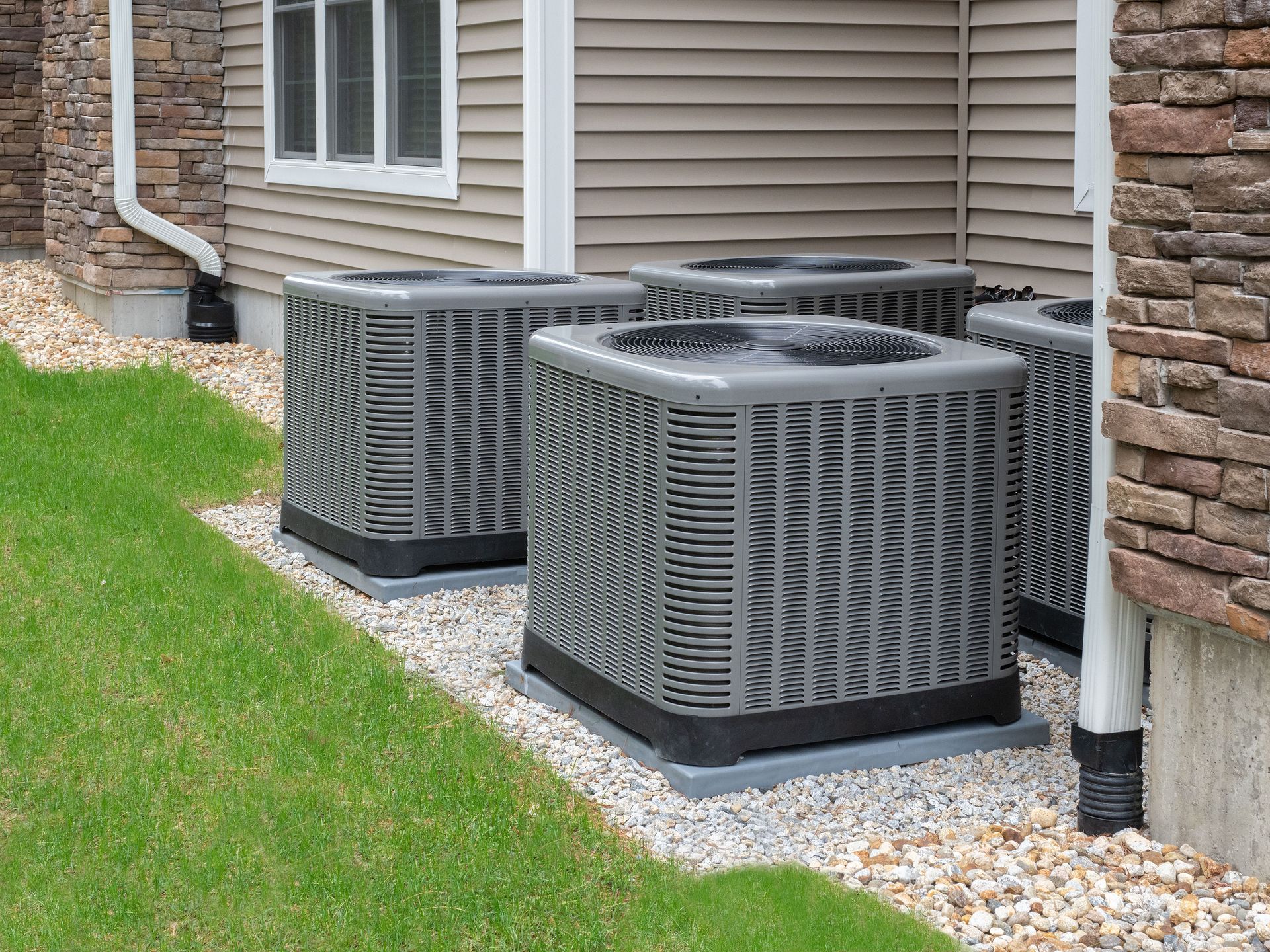
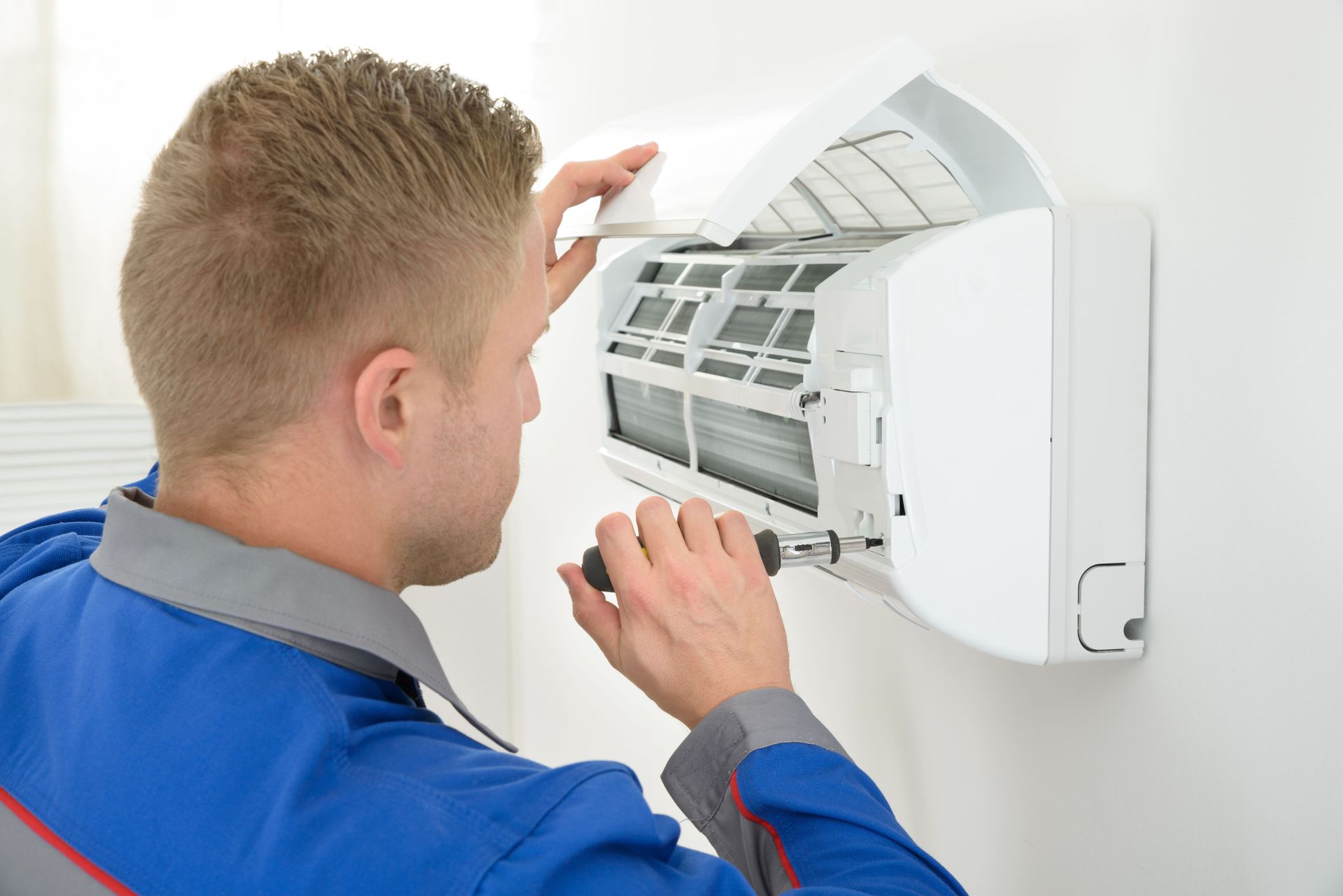
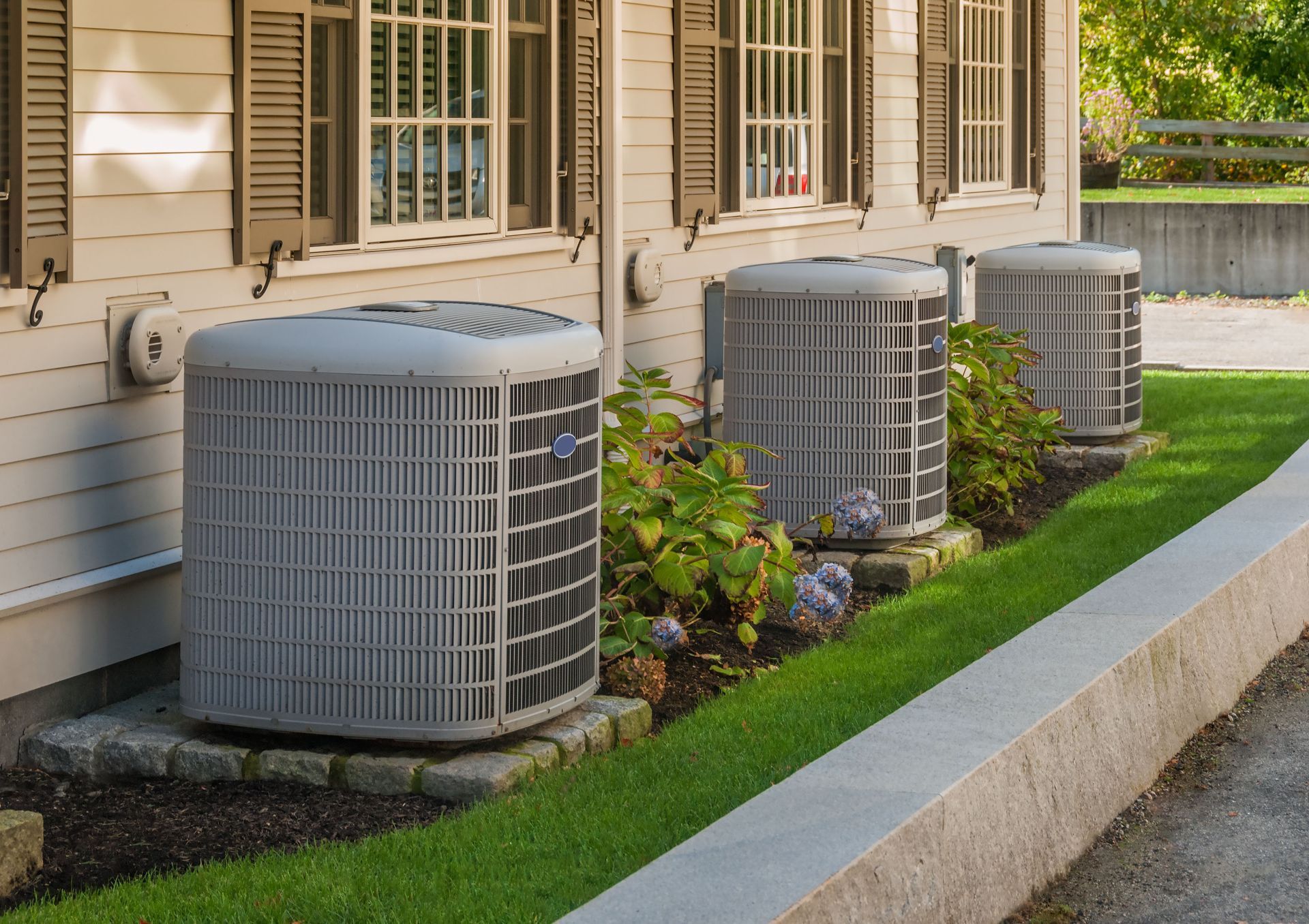
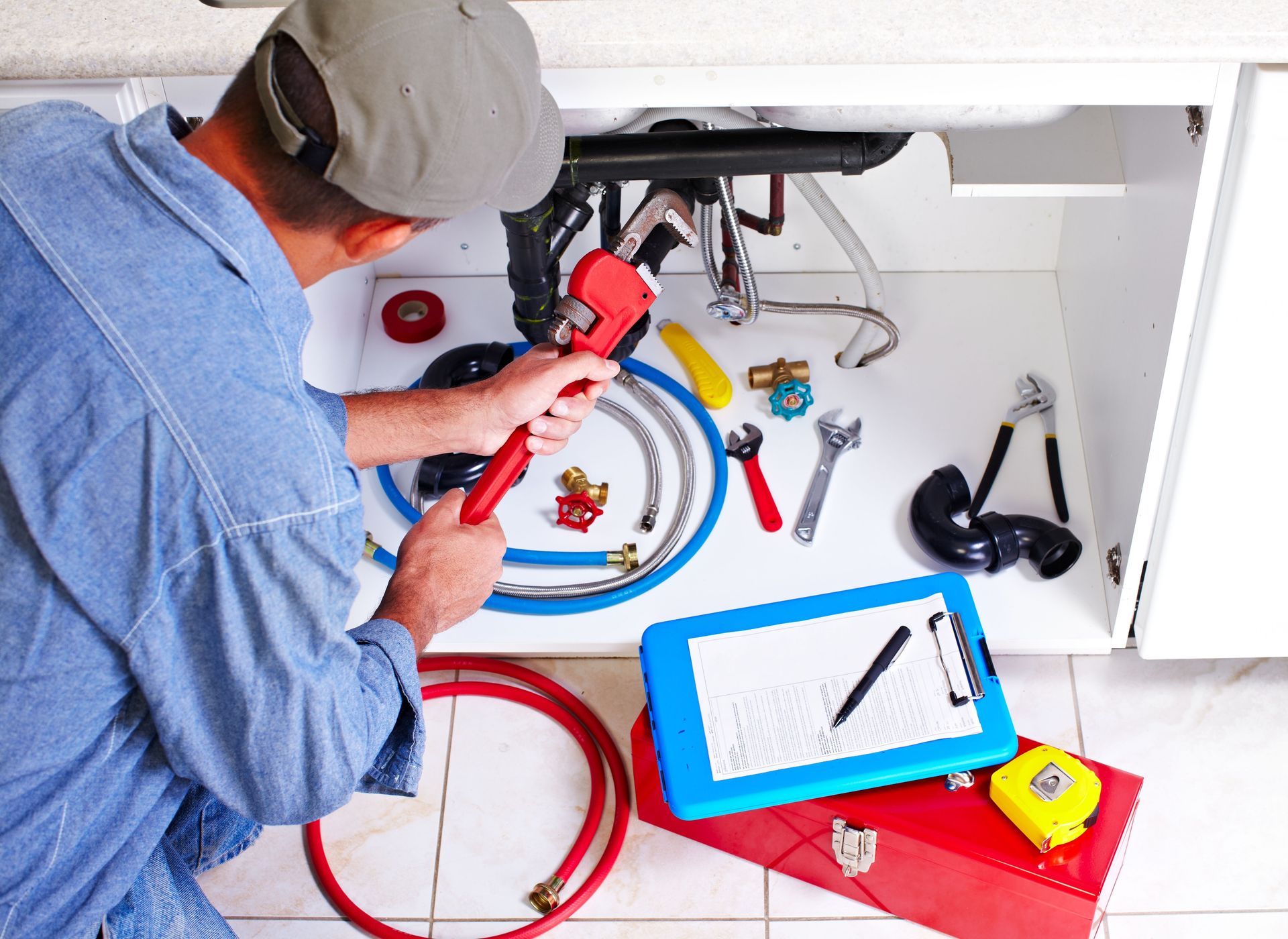
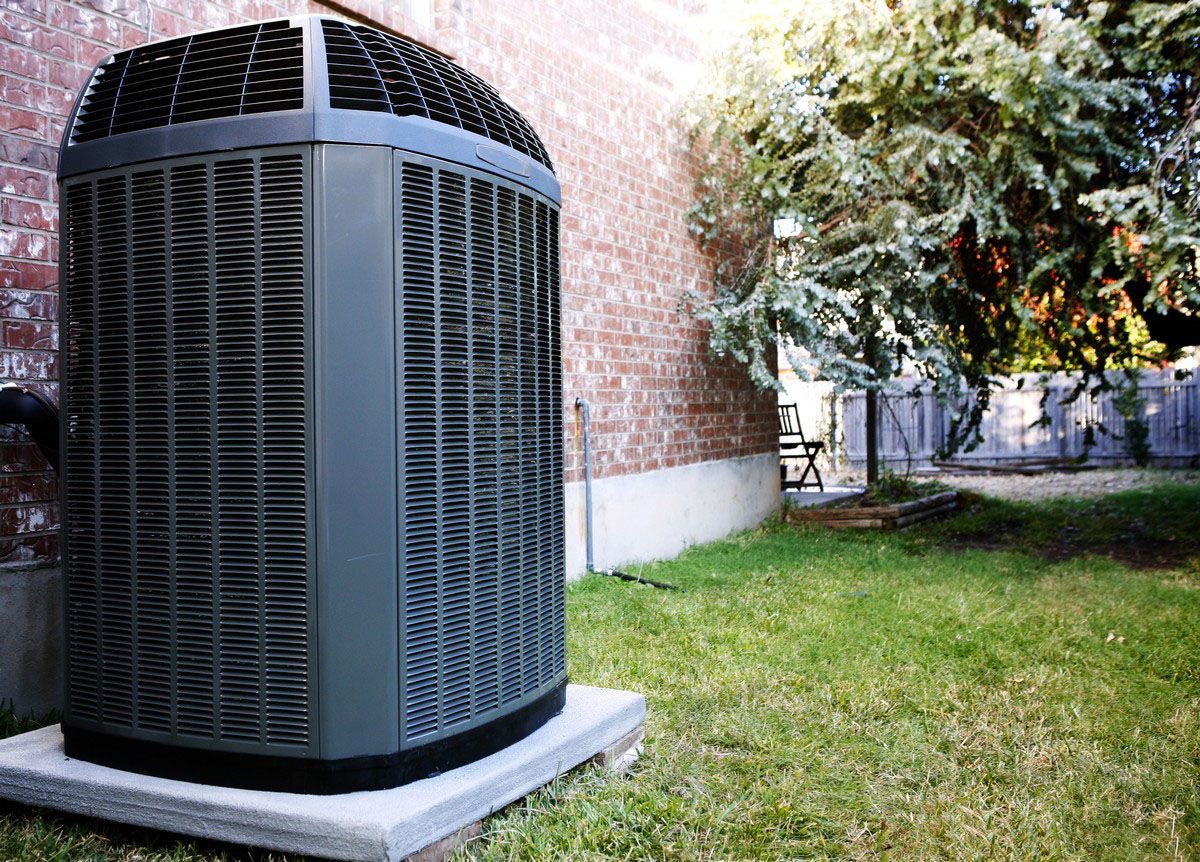
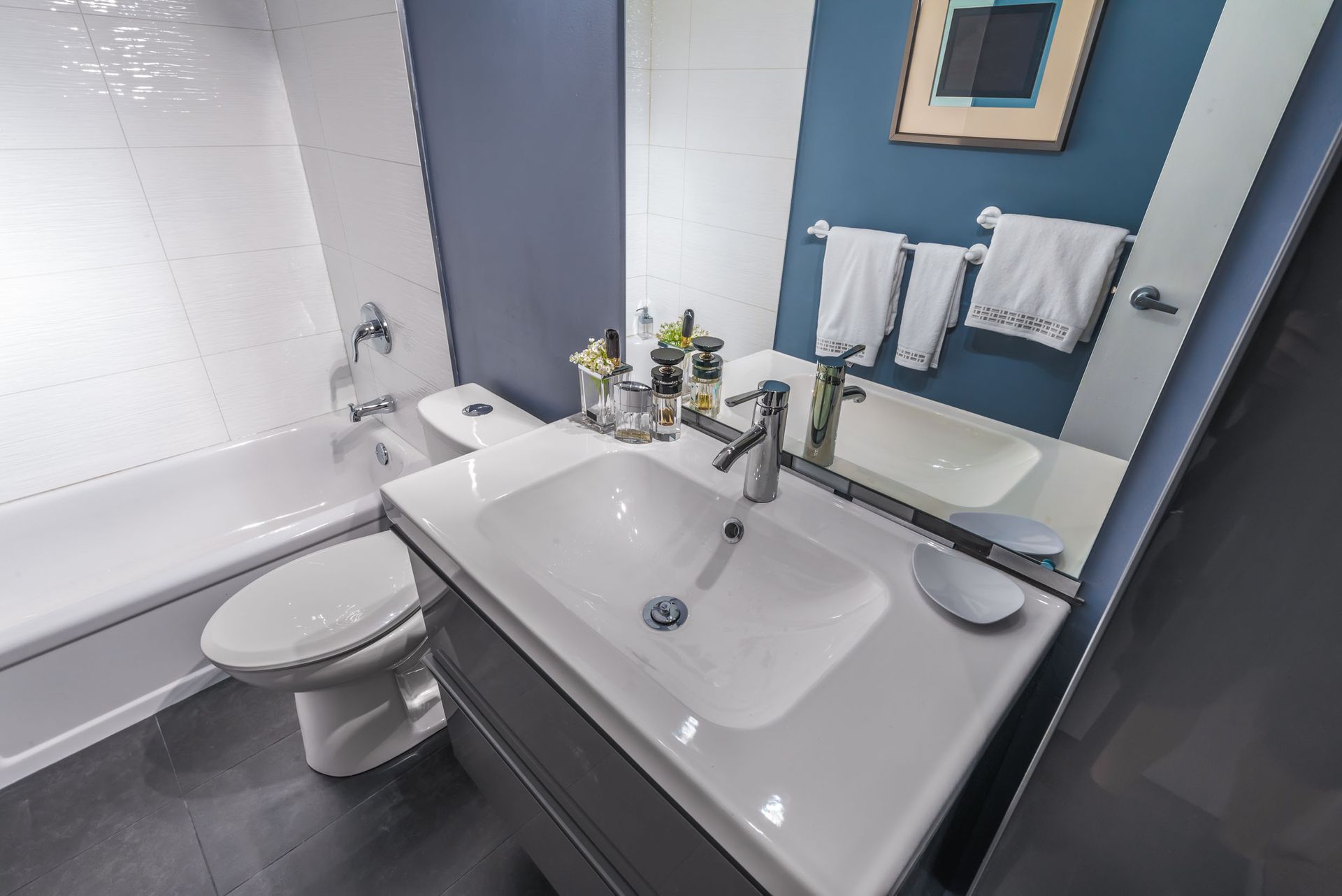
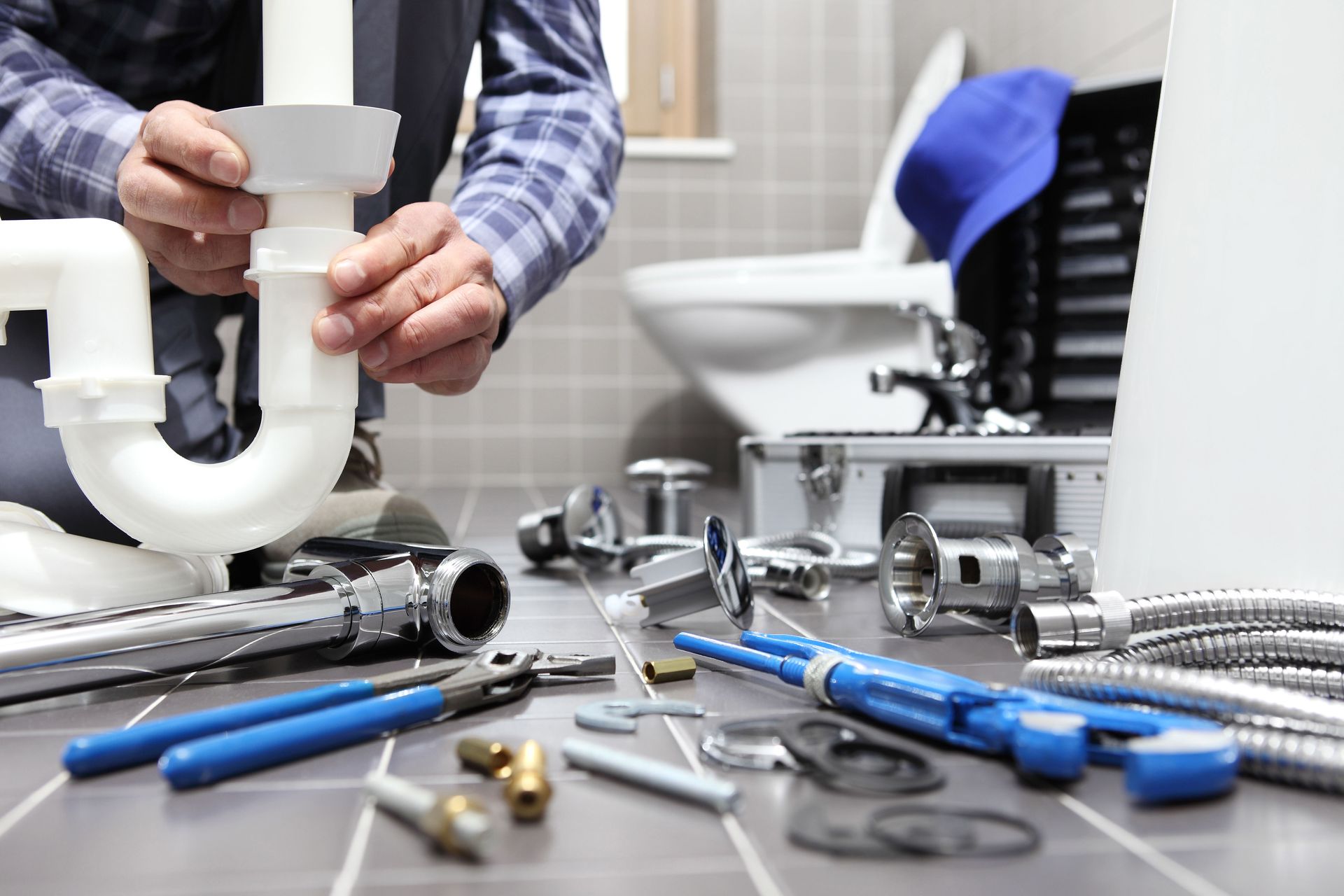
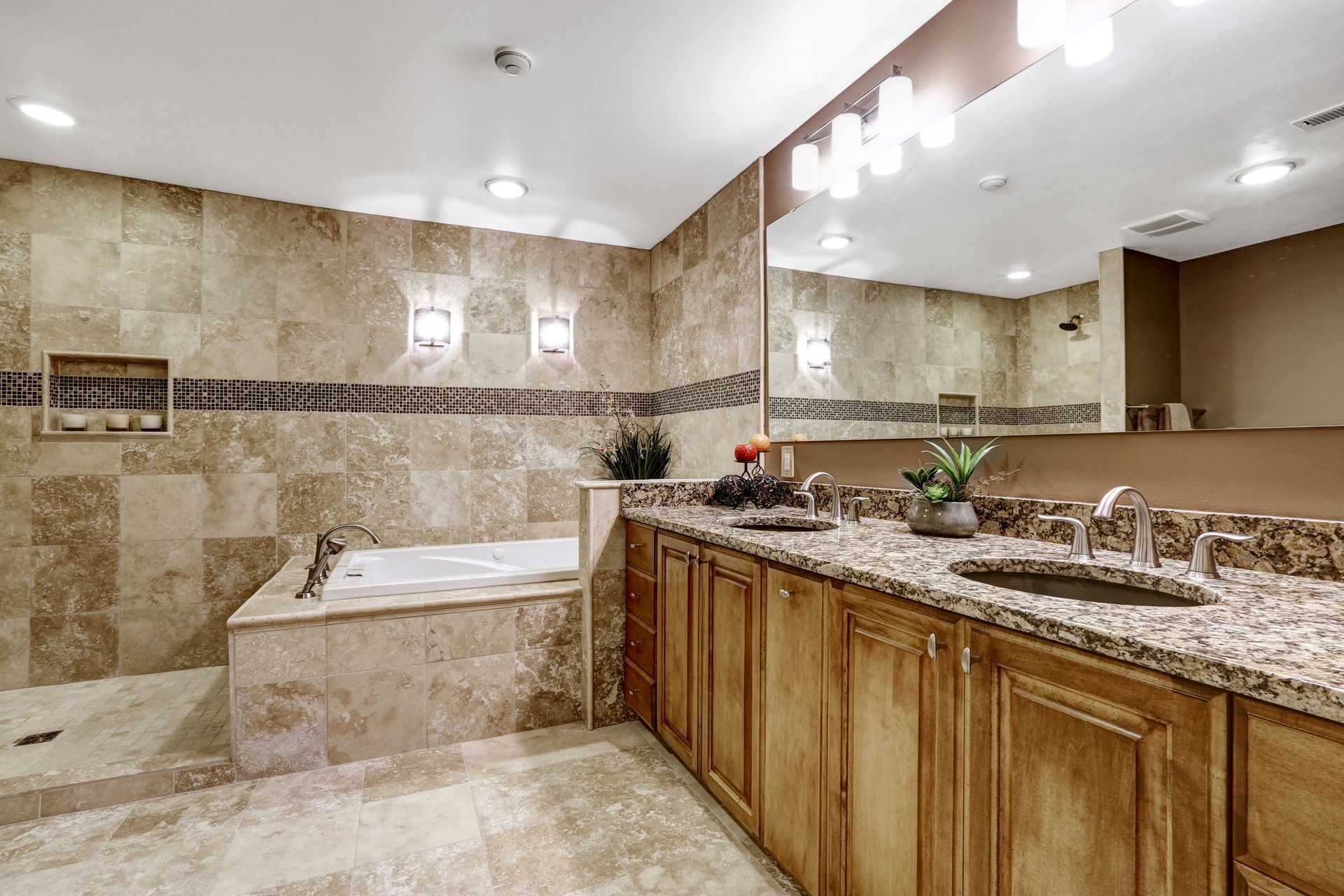
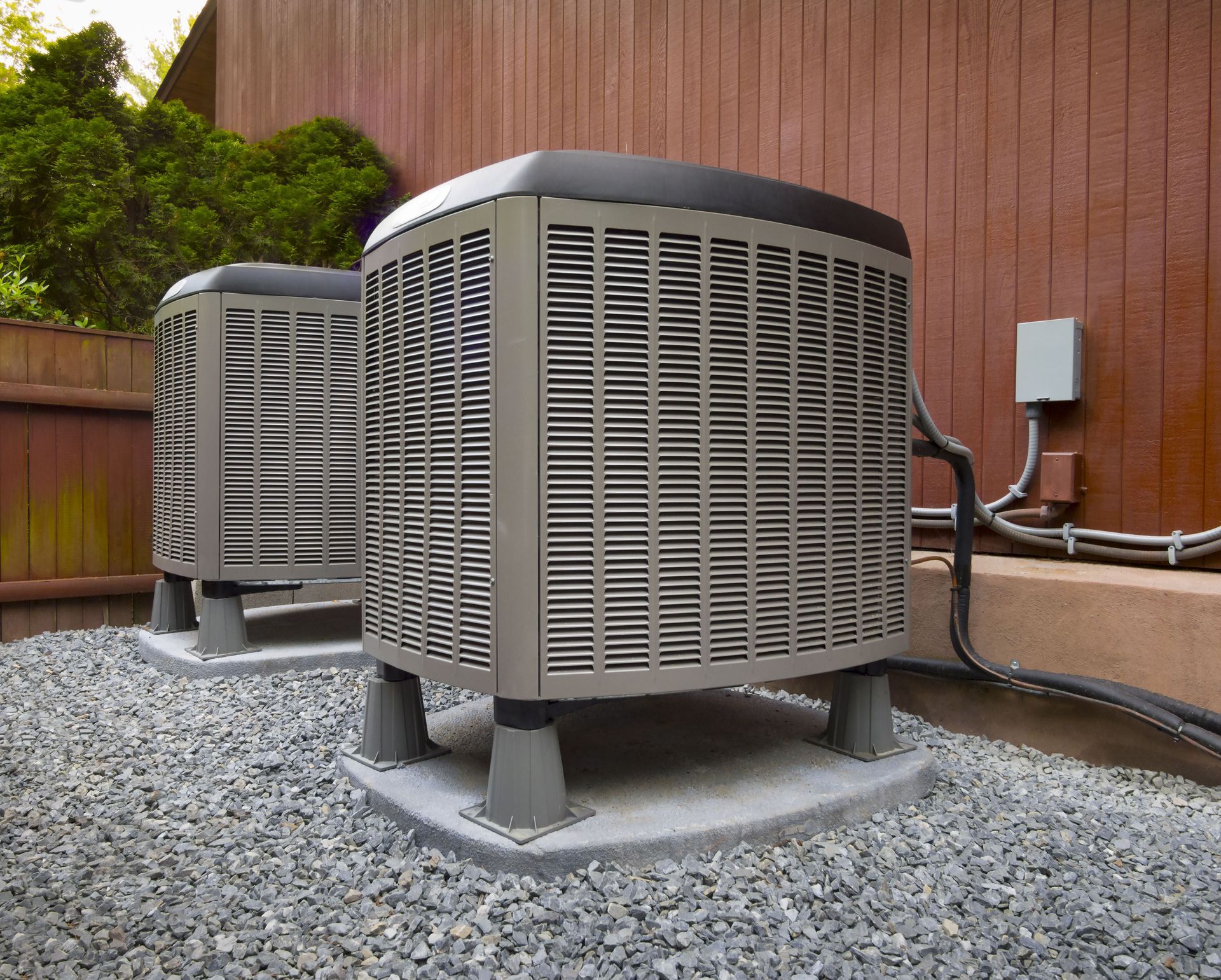
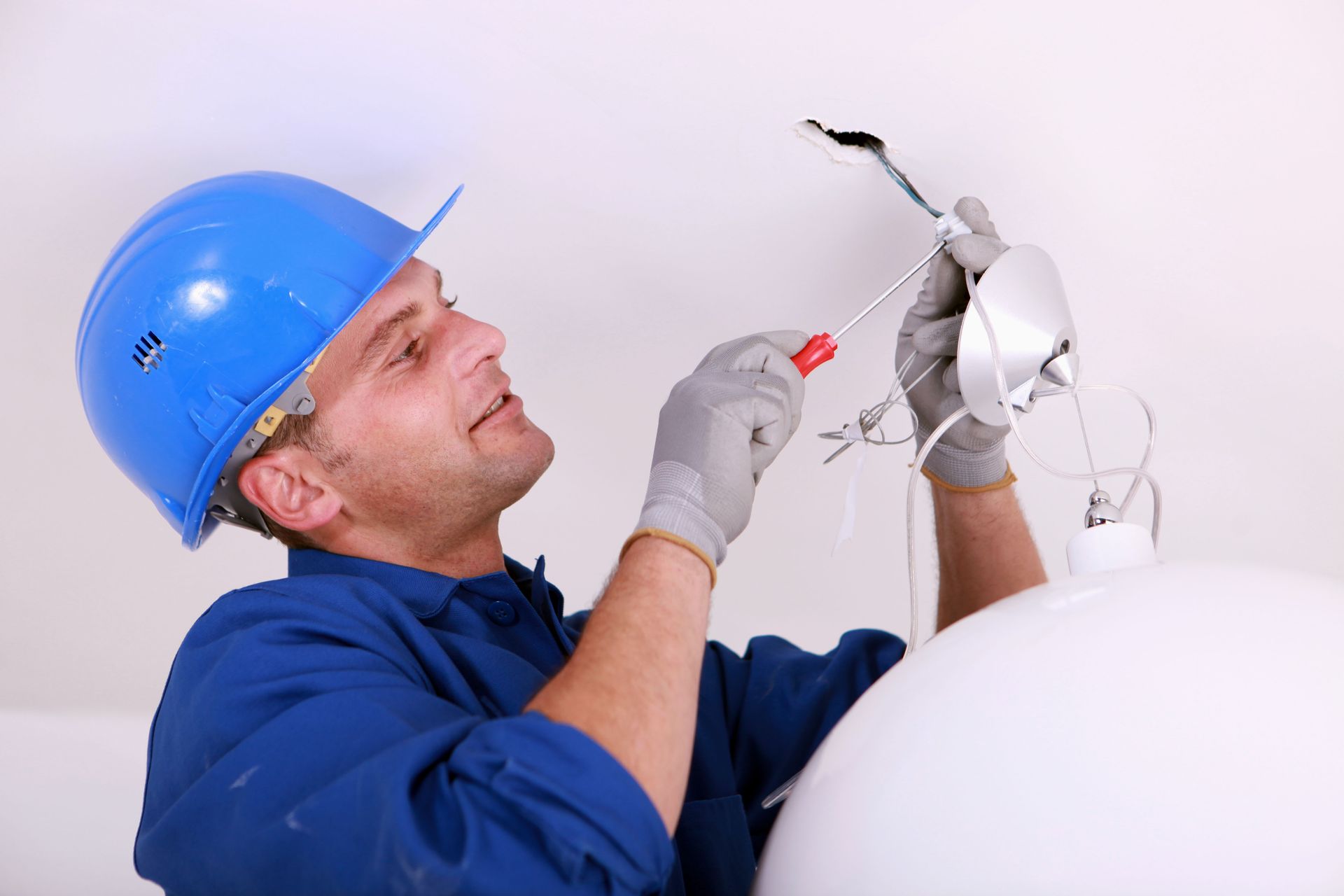
Share On: